Medieval Mace A Weapon That Can Break The Body Armor

The Real Origin of the Medieval Mace Found in D&D Games Everywhere
Article. The weapons of an English medieval knight in combat included the long sword, wooden lance with an iron tip, metal -headed mace, battle -axe, and dagger. Trained since childhood and practised at tournaments, the skilled knight could inflict fatal injuries on even an armoured opponent. The sword, symbol of the chivalric code and his.
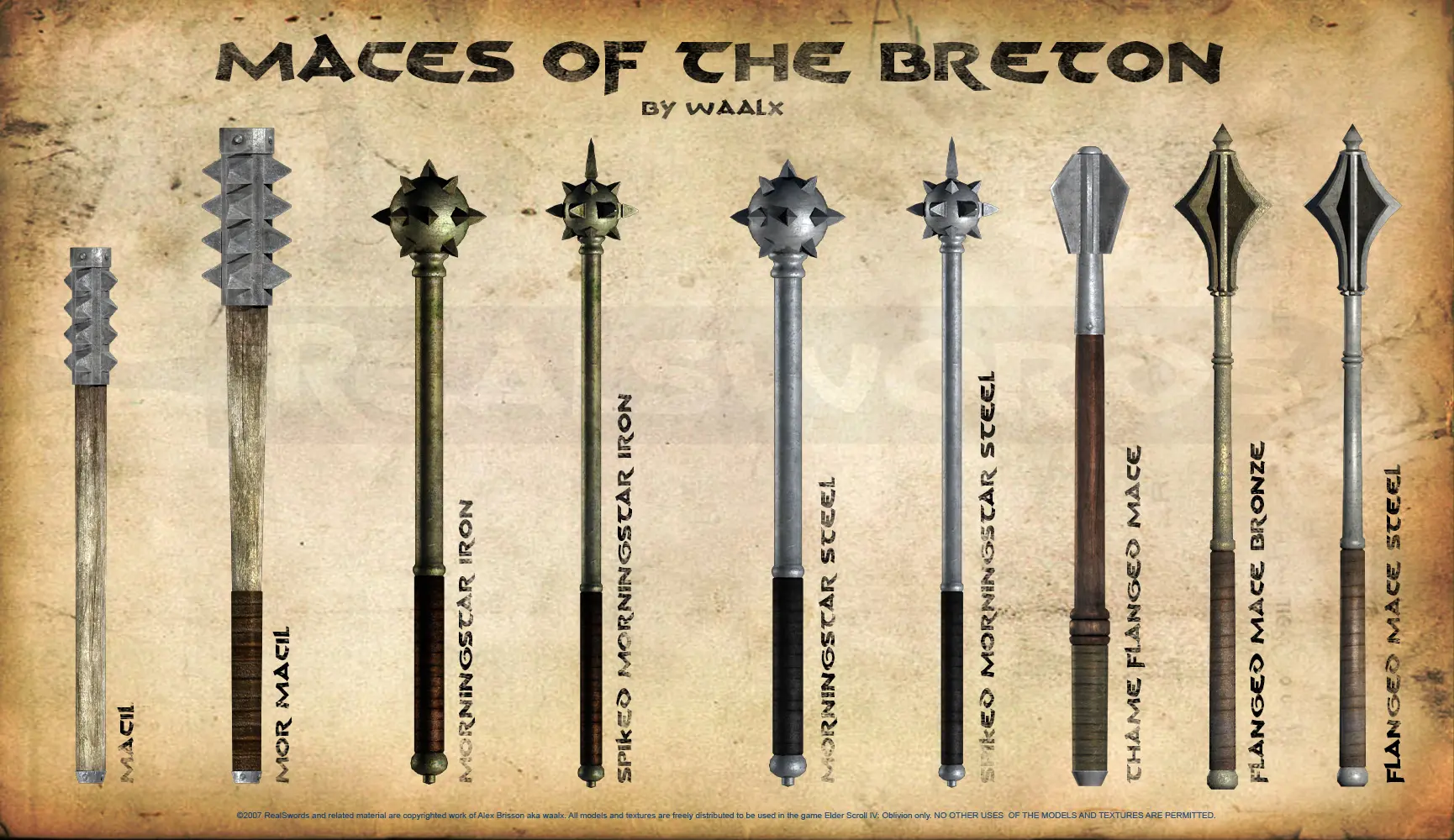
Top 5 Gruesome Medieval Weapons
The frequent use of the mace led to the creation of more protective forms of armor towards the end of the Middle Ages. This particular mace, on display in the Museum of London, seems to be typical of those used for purposes of combat. Although the handle is a replica, the head of the mace was crafted from iron, sometime in the 1400s.
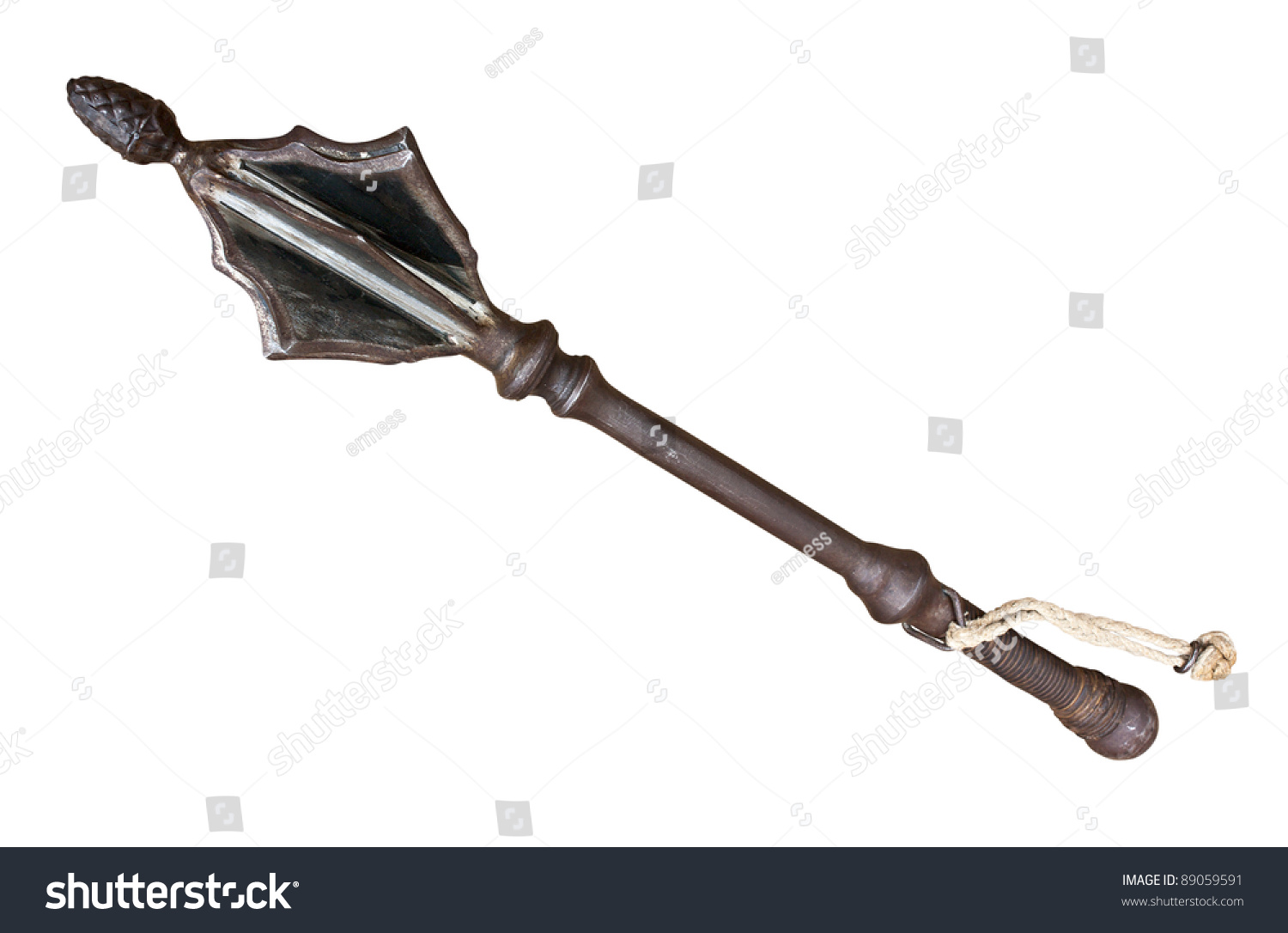
Middle Ages Weapon Antique Battle Hammer Replica Of Medieval Iron Mace Isolated With
The Medieval mace was a close combat weapon that was classed as being a clubbing and bruising type of weapon, it was not designed to cut skin and draw blood, which meant that the medieval mace could be used by churchmen or clerics who were not allowed to draw blood in combat in medieval times.
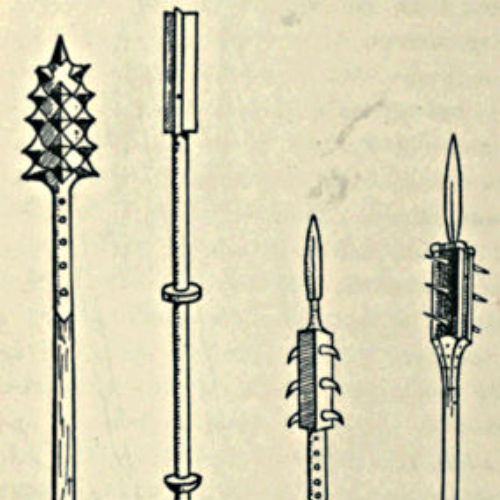
Weapons of the Middle Ages [That Aren't Swords] Working the Flame
Medieval weapons consisted of an array of hand-held objects but the sword was by far the most popular weapon during the Medieval Times. Sword was a symbol of knighthood and was used for both defensive and offensive purposes in close combats. Medieval knights had always sword ready by their side and often gave them special names.
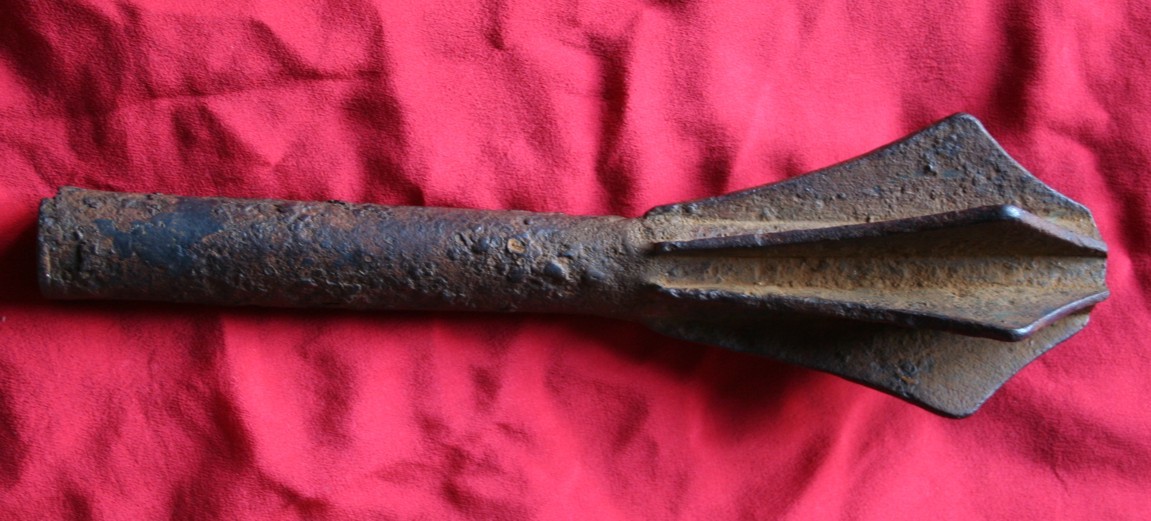
RARE MIDDLE AGES IRON MACE eBay
Types of Medieval Maces Medieval knights and warriors used various types of maces, including the flanged mace, the knobbed mace, and the spiked mace. These all had a distinctive designs and served different functions. So, let's go through mace types in a little more detail to see how they were used throughout the Middle Ages. Flanged Mace

Mace
European Medieval flails and maces were initially designed to be rounded - to prevent the spilling of blood. These 'bloodless' weapons were popular among the most religious Christian warriors. Types of Medieval Flails. The Peasant Flail. This type of flail appears in the Late Middle Ages. It's a very long shaft with a cylindrical.
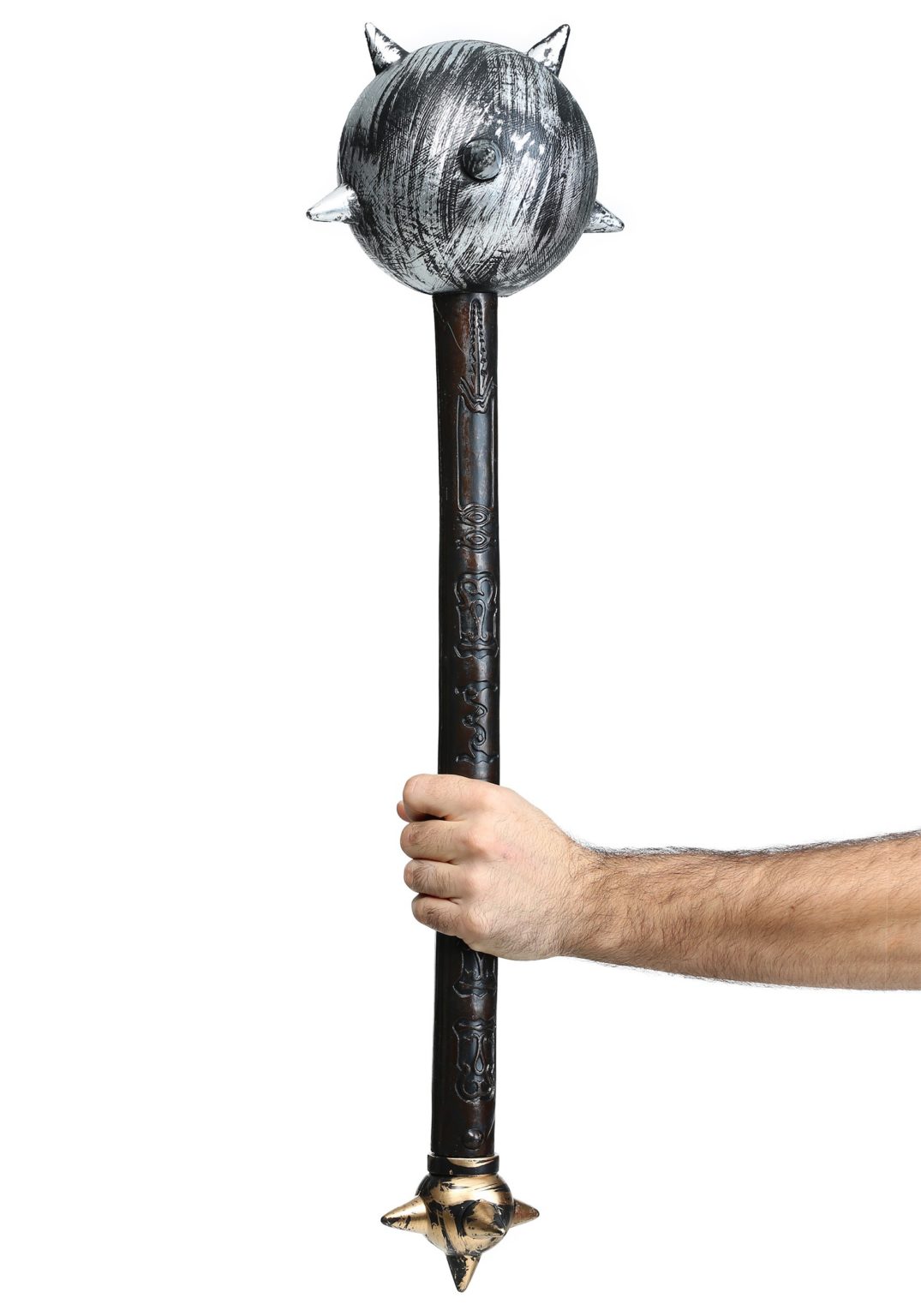
Mace Weapon Middle Ages
Swords and lances weren't the only weapons of choice during brutal battles of the Middle Ages.. as well as points, staff weapons could be swung with incredible force. A mace was a pole fitted.

War hammer mace medieval maces german poland and hungary head of all time Medieval and
The Middle Ages was a violent era wherein the Knights, crusaders, and soldiers fought with all kinds of medieval weapons and armories. One of the most popular weapons to be used in these times includes the Mace. It was a typical armor-fighting bat-like weapon. What is a Mace Weapon? Contents
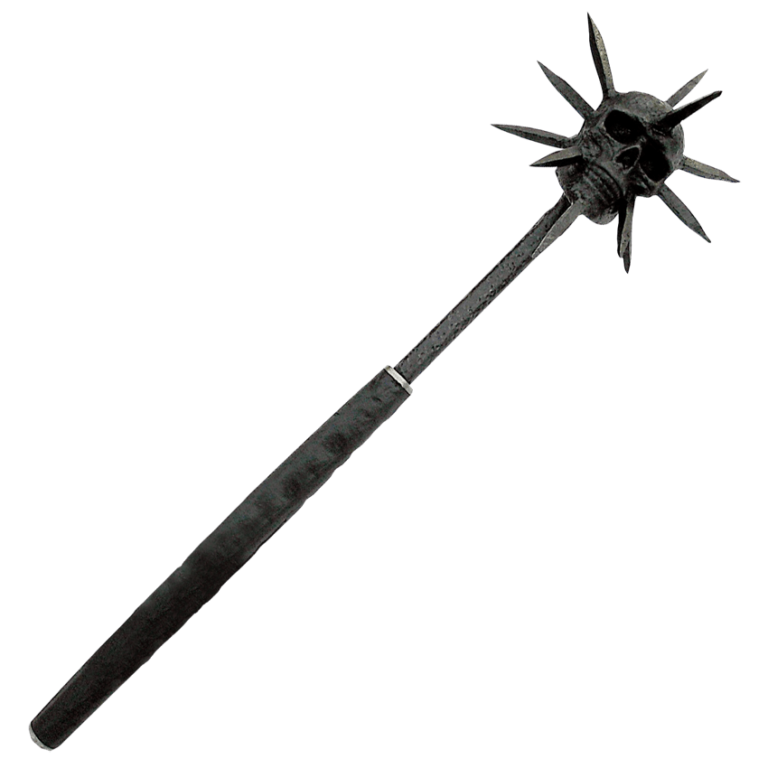
Mace Weapon in the Middle Ages. Its design, history and use
The most popular weapon of a knight in warfare was either the "knightly sword" or mace. The decision to use either often came down to the armor the opposing force wore, as metal armor effectively protected against bladed weapons.

Medieval Mace of War Medieval, Weapons and Knives
July 2022 Middle Ages Maces have a certain reputation for being brutal medieval weapons. Especially their rough appearance makes them a weapon that seems much more brutal than for example a sword. But how did medieval warriors use maces in battle? And how often were maces used on medieval battlefields?
Angantyr's Blog of Many Games (and Other Things) European Maces of the Middle Ages and
Medieval maces were formidable close-combat weapons designed to deliver devastating blows to armored opponents. Unlike swords or spears, which relied on cutting or thrusting, maces used brute force to penetrate or crush through armor.
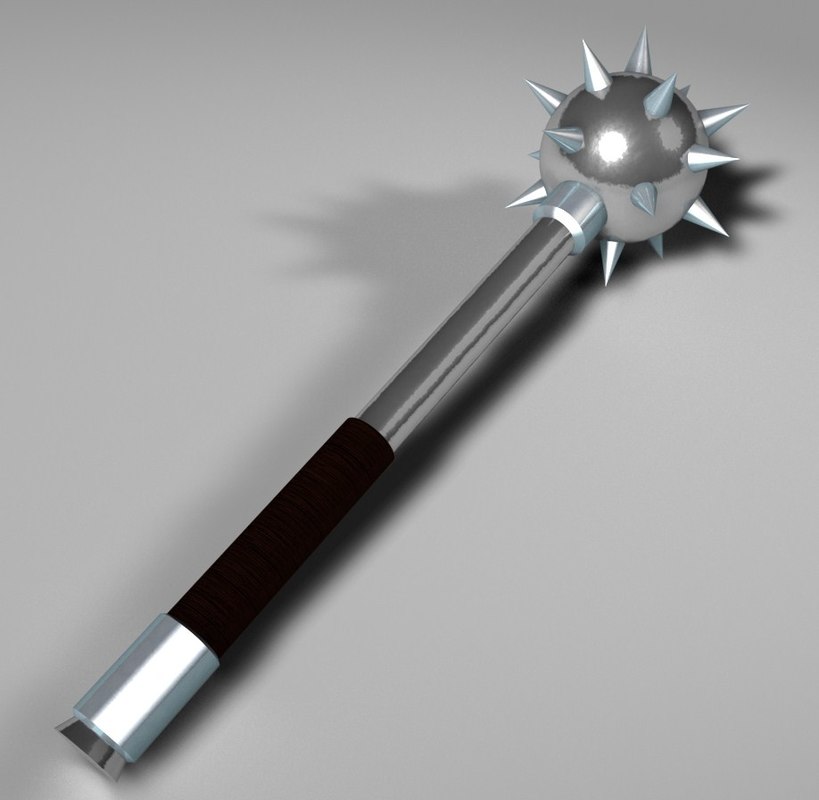
mace medieval 3d obj
The flanged mace is a fascinating weapon that originated in the early Middle Ages and was widely used until the Renaissance. Its distinctive feature is the flanges that adorn its head, providing a devastating impact. Flanges are sharp-edged, triangular or square-shaped projections that protrude from the mace's head at right angles.
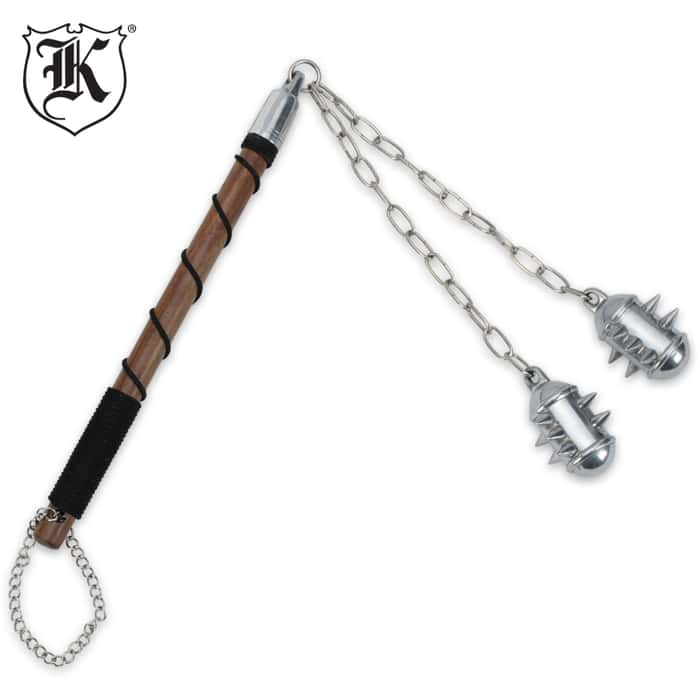
Medieval / Middle Ages Style Double Mace
Nutmeg & Mace in Antiquity Nutmeg and mace are frequently mentioned in the oldest scriptures of Hinduism in India, the Vedas, composed between 1500 and 1000 BCE. Nutmeg was recommended for improved digestion and was prescribed for headache, neural problems, fevers from colds, bad breath, and digestive problems.
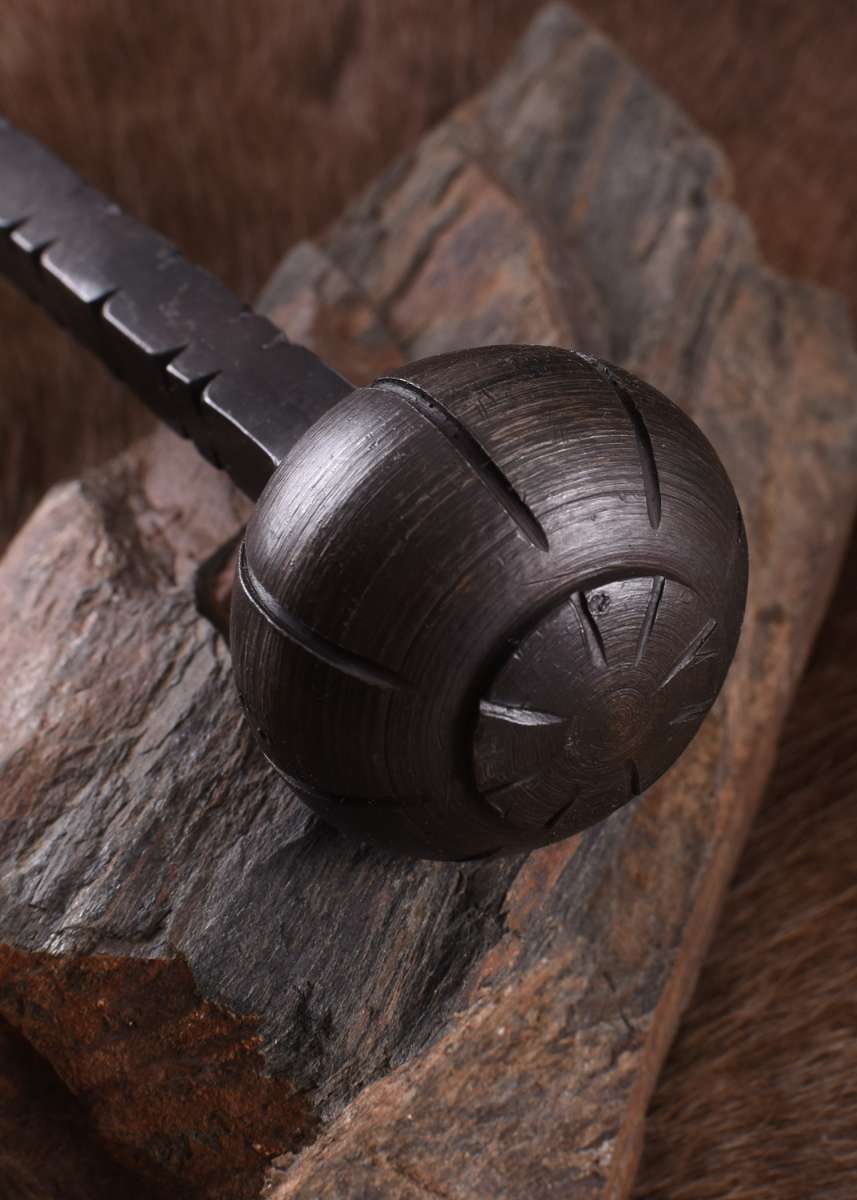
Steel Mace with Leather Grip, Turkish Mace, Blunt Weapon, Late Middle Ages, Renaissance Battle
The Middle English word "mace" comes from the French "masse" (short for "Masse d'armes") meaning 'large hammer', a hammer with a heavy mass at the end. [1] Development history Prehistory Disc-shaped stone macehead, Egypt, Naqada culture
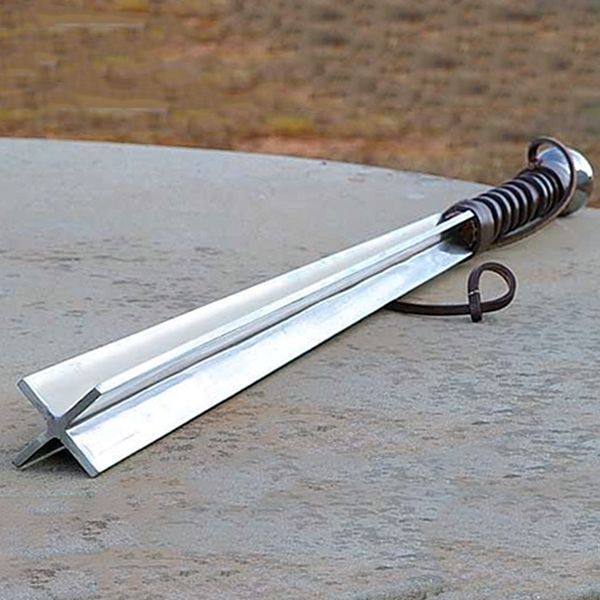
Mace Weapon in the Middle Ages. Its design, history and use
The Medieval Mace: A Brutal and Effective Weapon of the Middle Ages The medieval period was marked by numerous battles and conflicts, and warriors of the time relied on a variety of weapons to protect themselves and their kingdoms. Among these weapons, the mace was one of the most effective and brutal.

Flanged Medieval Mace AH6081 Medieval Collectibles
The Mace was a weapon commonly used during the Medieval times. A mace is a weapon with a heavy head, sometimes with flanged or knobbed additions, on the end of a handle. Description of Medieval Maces The weapons used the Medieval times include the Medieval Maces.